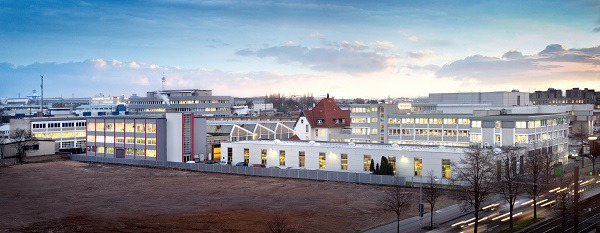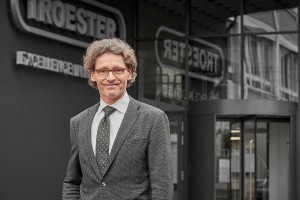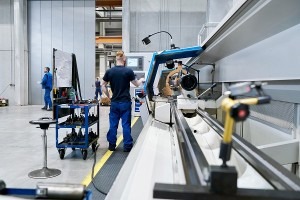Company profile: Troester at 125 years
Hannover-Wülfel, Germany – Troester, a family-run producer of equipment for extrusion of tire components and manufacture of rubber goods and cable, is this year marking its 125th anniversary .
Engineer Paul Troester founded the Hannover-Wülfel-based company on 4 July, 1892, after colleagues at a metal works had dismissed his ideas. At that time, the Hanover region had become a hub for rubber-processors, driven by demand for rubber products and tires for the burgeoning automotive industry.
Troester established a plant to manufacture the required machines on site, instead of importing them from abroad.
By the outbreak of World War I, Troester had established itself as a manufacturer of special machines for the rubber-processing industry, but faced challenges during the war and post-war turmoil.
Better days returned in the mid-1920s, and Troester started to profit from the development of synthetic rubber and thermoplastics such as PVC. The Second World War again brought difficult times, with the plant in Wülfel almost completely destroyed.
By 1947, the facility had been rebuilt and Troester exhibited at the British-organised Export Trade Fair Hannover, the predecessor of what later became the Hanover Fair.
Modern times
Over subsequent decades, Troester has developed from an equipment manufacturer to a system provider, encompassing electronics, control and automation technologies, in addition to manufacturing.
"We now offer our clients a total package of planning and concept, production and installation as well as on-site maintenance", explains Dr. Peter Schmidt, Troester's managing partner, who took over the reins at the company from his father in 2003.
Last year, sales reached over €120 million from an operation with over 600 employees at its main plant in Germany and the subsidiaries and representative offices in the US, China, Switzerland and Russia. Around 90% of business is outside of Germany.
On average, each employee has been in the company for about 16 years, with many are celebrating their 25th and even 40th anniversaries at Troester.
"The workers and staff feel like they are part of a family", said Schmidt.
The future
second construction phase with several buildings follows in 2017, which will expand the factory premises in Hanover to over 25,000 square meters - about 15,300 of which is production space – towards positioning Troester's capacities and plant logistics for the future.
New investments are also in planning to equip the company for the challenges of ‘digitisation’ and Industry 4.0, the company said.
"We proudly look back at our long history", says managing partner of the family-run Dr. Peter Schmidt, in a statement about the milestone reached in 2017.
"But we also look forward,” he added. “Together with our partners and clients, we look forward to continuing Troester's success story over the upcoming years and to facing the challenges in an ever-changing economy."
This article is only available to subscribers - subscribe today
Subscribe for unlimited access. A subscription to European Rubber Journal includes:
- Every issue of European Rubber Journal (6 issues) including Special Reports & Maps.
- Unlimited access to ERJ articles online
- Daily email newsletter – the latest news direct to your inbox
- Access to the ERJ online archive








